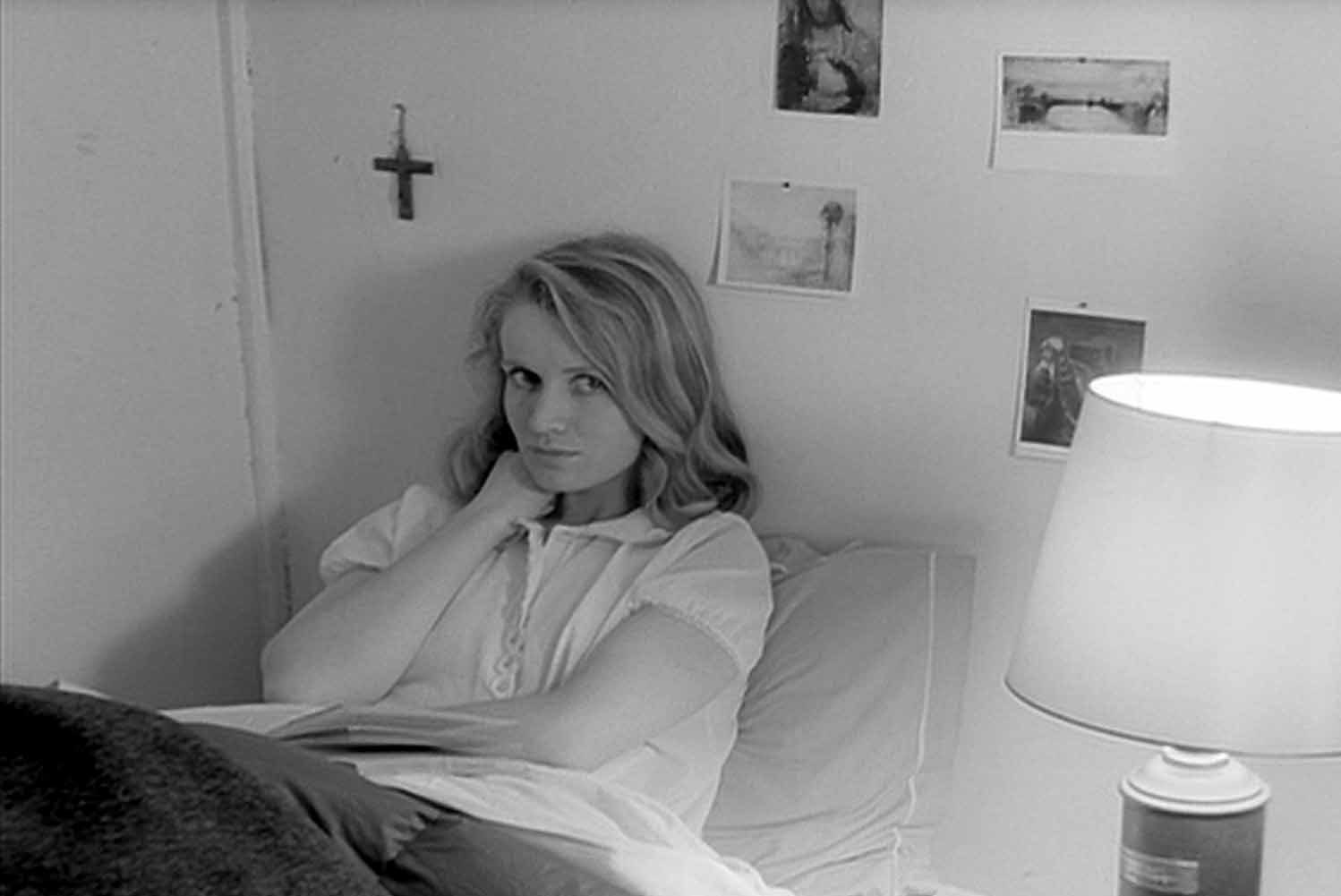Eric Rohmer was a French filmmaker that played a key role in the 1960s French New Wave movement, but many people believe that he invented an entire genre himself.
Eric Rohmer studied history in college, but he was also interested in philosophy, theology and film. He later earned his living teaching high school Greek and Latin, while writing film criticism on the side. This led him to start a film journal, which allowed him to meet key members of the French New Wave movement such as Jean-Luc Godard and Francois Truffaut.
Rohmer kept his career as a filmmaker a secret from his family because he feared their disapproval. He grew up in Catholic household and did not want to disturb them with the movies he was thinking of making. This may be the reason why almost all of his characters deal with a sort of secret or self-repression.
It is important to consider Eric Rohmer’s films today because they teach us something. The characters are contemplative about their lives, but somehow, they are contradictory with their actions. The subconscious spirit within strives to dictate a sort of freedom, but almost always, it becomes repressed. It is important to see the internal conflicts Rohmer characters have because we have them too, all the time, even if we think we don’t.
Rohmer’s Themes
Playing preordained roles is something characteristic of Rohmer’s protagonists. The characters are often upper-class and considered to be attractive. In fact, in the movie “La Collectioneusse,” there is a conversation at the beginning between two friends expressing the following:
“You remind me of elegant people in the 18th century who were very concerned with their appearance and the effect they had on others.”
“The distance established by elegance; It creates a kind of void around the person.”
“Razor blades are words, but it could be silence. They could also be elegance.”
This dialogue exemplifies how the role of elegance serves as a defense mechanism for the characters in Rohmer’s movies. Vulnerability is usually the last thing that comes about in their interactions. They are always playing a role: just like actors. And it is quite unusual to see this play out in a movie because Rohmer’s style of directing is very improvisational. The conversations and dialogue flow naturally and appear genuine.
Loneliness is the fundamental attribute that causes his characters discomfort. It is the active condition that triggers the unconscious feelings in the protagonists. For some reason, there is something unbearable about loneliness. For example, you see the characters always reading a book, calling a friend, journaling, studying or listening to music. But why is that?
Then comes lust, when the characters fantasize about other women, about being somewhere else or just having another life. Or they fantasize about having something. In “My Night at Maud’s,” the protagonist fantasizes about getting married to a Catholic girl, someone who shares the same values. But at the same time, the protagonist encounters a dilemma when he meets Maud — a woman who challenges his beliefs.
This leads us to the idea of the free spirit, seen in the female protagonists of Rohmer’s films. For some reason, the male protagonists are trying to play a game and trick the women, but the women stay true to their own spirit; they are not faking a life because of the status quo or some standard. This creates a sort of tension when the male protagonists are introduced. They are subconsciously attracted to them, even though they consciously reject them. They male protagonists over-intellectualize their reasons instead of following their instincts.
Nevertheless, the roles change with the movie “Full Moon in Paris.” Here, we are trapped in the female protagonist’s head, and we realize that she is the insecure one. She is the one that can’t bear to be alone.
Rohmer’s Style
There is something interesting about the free form dialogue Rohmer is famous for. It makes me think that directors like Quentin Tarantino are not that original. It’s true; Tarantino took from others and put their stuff in a blender. And that came out as something interesting, but when you look at Rohmer’s dialogue, it breeds originality by itself.
The shooting style is something that goes along quite well with the complexity of the characters. This can be witnessed in the dialogue between characters. For example, in Hollywood films we are used to multiple cuts within a scene, but in Rohmer’s films you rarely see a cut between conversations. There are entire scenes that go up to 25 minutes uninterrupted in movies like “My Night at Maud’s.” And we also see continuous shots of the protagonists traveling from one place to the other. We do not see them in one room and then appearing in another place or city. Capturing the means of transportation is of vital importance for Rohmer.
His Moral Statement
Why do Rohmer films matter today? For me, looking at those continuous scenes and understanding the values of the protagonists is something you rarely get to see in other movies. The characters have agency and they stand for a set of principles that are eventually challenged. There is an internal conflict that instigates self-reflection in the viewer. And that is something amazing — when the movies make the audience think critically.
















